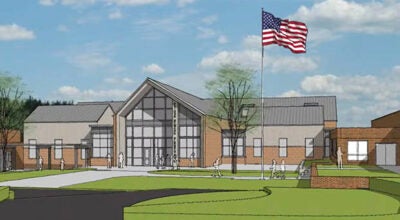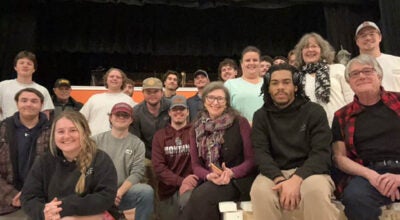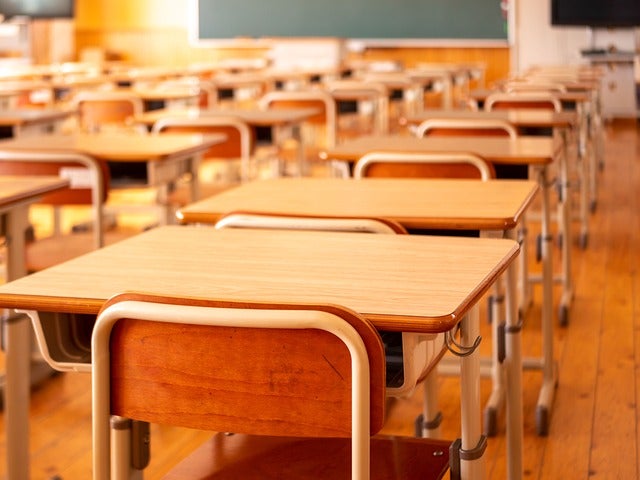Technology grant received
Published 10:15 am Wednesday, May 17, 2023
|
Getting your Trinity Audio player ready...
|
Teachers at Prince Edward County High School plan to use virtual reality to immerse students in their learning.
In April, Superintendent of Public Instruction Lisa Coons announced that 16 Virginia school divisions would receive $37,500 each to upgrade equipment for career and technical education (CTE) and Science, Technology, Engineering and Mathematics (STEM) programs. Prince Edward County Public Schools (PECPS) plans to use this grant to purchase eight zSpace bundled hardware kits for students in various CTE courses.
zSpace combines augmented reality (AR) and virtual reality (VR) to create lifelike experiences for STEM learning. This program opens the door for students to experience situations that may not be possible in a classroom or are affordable to do otherwise.
“Our CNA students will be able to look at a beating heart, see the blood moving in and out, feel the beats per minute and peel away layers to see inside the chambers of the heart,” said Chris Wahrman, assistant principal at Prince Edward County High School. “Our auto technology students will be able to see various types of engines, manipulate their moving parts and build their own engine. Our agricultural students will be able to work with welding equipment to familiarize themselves with the equipment used and skills needed to make a successful weld.”
These hardware kits will be integrated into the already existing curriculum to allow students to seamlessly move between virtual and real-world learning environments. Even when entering the virtual world, students can still collaborate with their teachers and classmates.
“These programs will also be available for all of our students in science classes to identify parts of the body and see how they work as well as the ins and outs of growing produce,” said Wahrman.
Along with the eight kits, the grant funding will cover onboarding technician training and professional development for teachers so that they can learn how to use this new technology efficiently. These classes will be based on current student interests in career and the school will monitor labor market trends and adjust the program accordingly to keep pace with industry demands.
Providing this new learning experience for students, this initiative supports the school division’s commitment to providing innovative educational experiences that prepare students for high-demand, high-wage professions in the region and state and bring the school into the 21st century.





